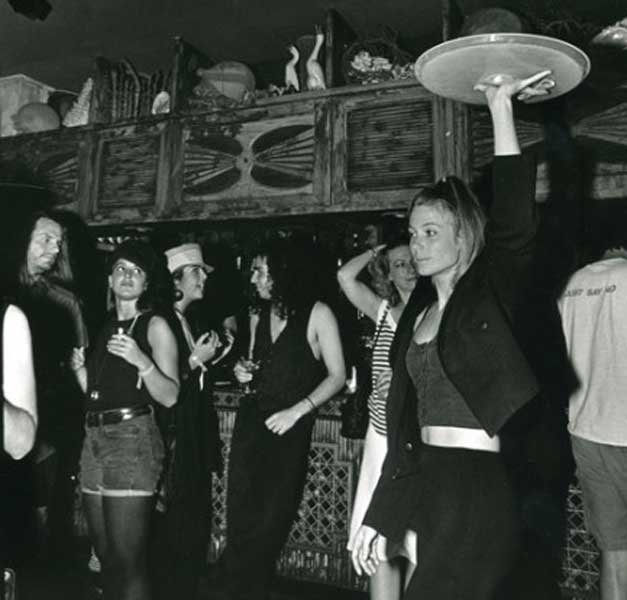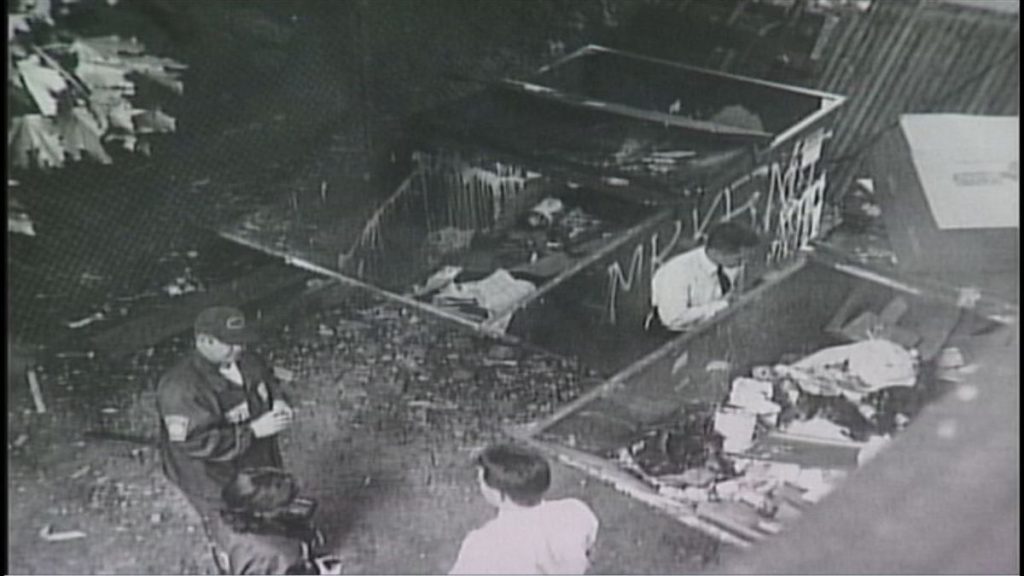The Haunting Case Of Karina Holmer: Boston's Unsolved Mystery?
Do you recall the chilling details of a crime that gripped Boston in the summer of '96? The murder of Karina Holmer, a young Swedish nanny, remains a stark reminder of the darkness that can lurk beneath the surface of seemingly idyllic suburban life.
Over two decades have passed since that early August morning when Karina Holmer's body was discovered, brutally dismembered and discarded with the trash. While the case became infamous within Boston, the wider world remains largely unaware of the tragic fate that befell this young woman. Karina had come to the United States seeking new experiences, finding work as an au pair for Frank Rapp, a photographer, and his wife, Susan Nichter, an artist and university professor. The couple lived in a condo in suburban Dover with their two young children, a son in first grade and a toddler daughter. Karinas responsibilities included caring for the children and maintaining the household during the week.
| Susan Nichter: Bio, Career, and Professional Information | |
|---|---|
| Full Name | Susan Nichter |
| Occupation | Artist, Professor |
| Education |
|
| Residence | Dover, Massachusetts (family home/condo) |
| Family | Husband: Frank Rapp; Two children (son in first grade, toddler daughter) |
| Professional Activities |
|
| Artistic Involvement | Role in carrying Karina Holmer's "blue painting" across various platforms. |
| Reference Link: Example Artist Website (Note: Replace with an actual, relevant artist website if available) |
Karina's life in Boston offered a glimpse into two contrasting worlds. During the week, she was immersed in the routines of suburban family life in Dover. Weekends, however, brought a change of scenery. Thanks to the perk of staying at Frank Rapp and Susan Nichter's studio loft in South Boston, Karina and her au pair friends explored the city's nightlife, often frequenting local clubs like Zanzibar in the Theater District. It was in this vibrant, urban environment that Karina was last seen.
- Aditi Mistry Bigg Boss 18s Glamorous Wildcard Entrant
- Erome Leaks The Dark Side Of Content Creation And Data Exposure
The investigation into Karina Holmer's death was fraught with challenges from the start. Boston in 1996 was grappling with a surge in youth violence, particularly gun-related crimes and homicides. The Boston Police Department was stretched thin, and the city was in the midst of implementing new strategies like Operation Ceasefire, initiated by the Boston Gun Project working group in January 1995, to combat the escalating violence. This backdrop of urban unrest undoubtedly complicated the investigation into Karina's murder.
In the weeks following Karina's disappearance and the discovery of her remains, a fire erupted at a dumpster near Frank and Susans condo. The police, grasping at any potential lead, meticulously examined the charred remains, hoping to find a connection to Karina. Despite their efforts, no concrete evidence emerged to link the fire to the crime.
Former Boston TV reporter Ted Wayman dedicated himself to uncovering the truth behind Karinas story. He even traveled to Sweden to meet with her family, seeking to understand the young woman behind the headlines and piece together the events leading up to her tragic death.
The story of Karina Holmers "blue painting" and Susan Nichters subsequent role in its exposure within the art community presents a unique, albeit unsettling, dimension to the overall narrative. This delves into the intersection of artistic expression, personal tragedy, and the complexities of human relationships. It raises questions about the nature of art, its power to transcend circumstances, and the ethical considerations surrounding its interpretation and dissemination.
The police followed numerous leads, yet Karina Holmers killer was never brought to justice. The case remains unsolved, a chilling reminder of the unsolved mysteries that linger in the shadows of even the most vibrant cities.
Karina, in her short time in Boston, embraced both the comforts of suburban life and the excitement of the city. She was equally at ease in flannel shirts and jeans as she was in her weekend party attire. This duality speaks to her adventurous spirit and her willingness to embrace new experiences.
Susan Nichter's background is as multifaceted as the art she creates. Born and raised in New York, she honed her artistic skills at Boston University, earning an MFA in painting. Her exploration of the arts extended beyond the canvas, encompassing studies in choreography at Columbia University and acting at the Stella Adler School in New York City, following her BFA from Boston University. She also served as a judge for the St. Botolph Foundations Emerging Artist Award, showcasing her commitment to nurturing new talent in the art world.
The fact that only half of Karina Holmers body was ever recovered adds another layer of horror to this already disturbing case. It underscores the brutality of the crime and the challenges faced by investigators in piecing together the events of that fateful night.
The search queries "Susan Nichter Karina Holmer painting" yield no direct results, suggesting that information directly linking Nichter to a specific painting by Holmer is not readily available in easily accessible online sources. This could mean the connection is more nuanced or that the information exists in archives, publications, or personal collections not indexed by standard search engines.
Holmer had been working for four months as an au pair for frank rapp and susan nichter, a dover couple with two children.
She began working for a dover couple \u2014 frank rapp, a renowned photographer, and susan nichter, also well known as an artist.
Holmer cared for the couple\u2019s two children and cleaned their home
Article Recommendations
- Slingshot Ride Fails Fun Watch The Wildest Nsfw Moments
- Aditi Mistry Behind The Scenes On Youtube Tiktok More



Detail Author:
- Name : Dawson Cartwright
- Username : dboyer
- Email : allan74@gmail.com
- Birthdate : 1993-04-08
- Address : 629 Howell Pass South Bretttown, MT 44881
- Phone : (762) 230-9409
- Company : Steuber Inc
- Job : Farmworker
- Bio : Perspiciatis porro sint repellat iste. Facilis mollitia quia iusto error qui. Soluta id ullam maxime autem sed provident. Reprehenderit dolorum voluptatem id animi.
Socials
tiktok:
- url : https://tiktok.com/@rfranecki
- username : rfranecki
- bio : Minima sint quasi doloremque delectus. Sit et ut in quae sed facilis.
- followers : 4066
- following : 1518
twitter:
- url : https://twitter.com/russelfranecki
- username : russelfranecki
- bio : Quod enim enim inventore placeat tenetur et. Ut odio voluptas tempore et repellendus mollitia. Consequuntur placeat hic dolorum sint repellat.
- followers : 1593
- following : 1760